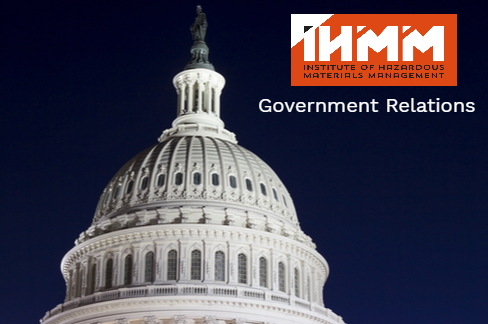Talks on a new COVID-19 relief package have gone nowhere on Capitol Hill this week, leading to speculation that a deal won’t be reached before September at the earliest. The Senate wrapped up its session Thursday afternoon and will not return this month unless negotiators strike an agreement.
The vast majority of senators headed home last week and the House is in recess until Sept. 14, with attention shifting for the next two weeks to the Democratic and GOP conventions. Lawmakers have been put on notice that they could be required to return to the Capitol within 24 hours if a deal is near, but there has been no evidence of progress since Trump administration officials ended a meeting with Speaker Nancy Pelosi (D-CA) and Senate Minority Leader Chuck Schumer (D-NY) last Friday.
Pelosi and Schumer said Democrats have offered to cut $1 trillion off of their roughly $3.4 trillion package that passed the House this spring if Republicans agreed to add roughly the same amount to its roughly $1 trillion bill introduced by Senate Republicans last month. Treasury Secretary Steven Mnuchin and White House Chief of Staff Mark Meadows rejected that offer and say Democrats should want to try to strike a deal on a “skinny” plan if it means keeping the economy from cratering any further.
“Democrats have compromised,” Pelosi and Schumer said in a joint statement yesterday. “Repeatedly, we have made clear to the Administration that we are willing to come down $1 trillion if they will come up $1 trillion. However, it is clear that the Administration still does not grasp the magnitude of the problems that American families are facing. We have again made clear to the Administration that we are willing to resume negotiations once they start to take this process seriously.”
Mnuchin said Pelosi and Schumer are not accurately portraying their stance, saying, “Pelosi made clear that she was unwilling to meet to continue negotiations unless we agreed in advance to her proposal of at least $2 trillion.”
“The Democrats have no interest in negotiating,” Mnuchin added.
Sticking points in the negotiations are plentiful, including how much money to give state and local governments, how much weekly unemployment benefits should be and whether to appropriate billions of dollars for the beleaguered U.S. Postal Service, among others.
Negotiators will also have to figure out how to restart the Paycheck Protection Program (PPP), which shut down last Saturday after doling out more than $520 billion in loans to small businesses and industries gravely impacted by the pandemic. Strengthening the PPP is one of the most agreed-upon aspects of the next package, with Democrats signaling support for a bill offered by Senate Small Business Committee Chairman Marco Rubio (R-FL) that would restart the PPP, allow businesses to apply for second loans, and reduce paperwork requirements for loan forgiveness applications.



